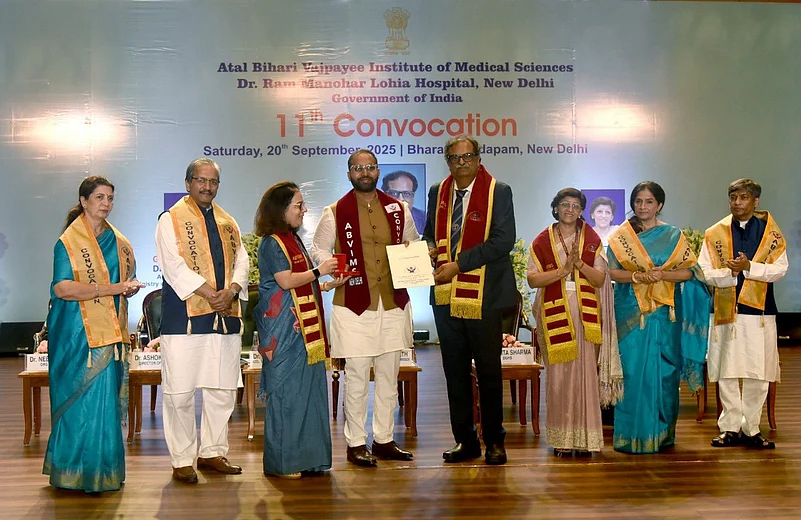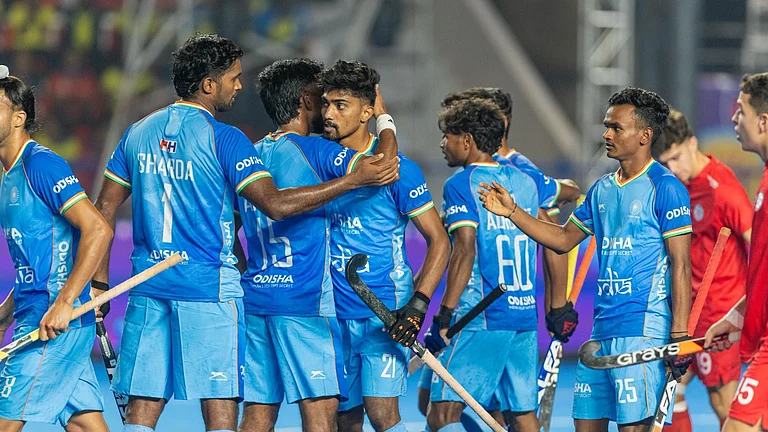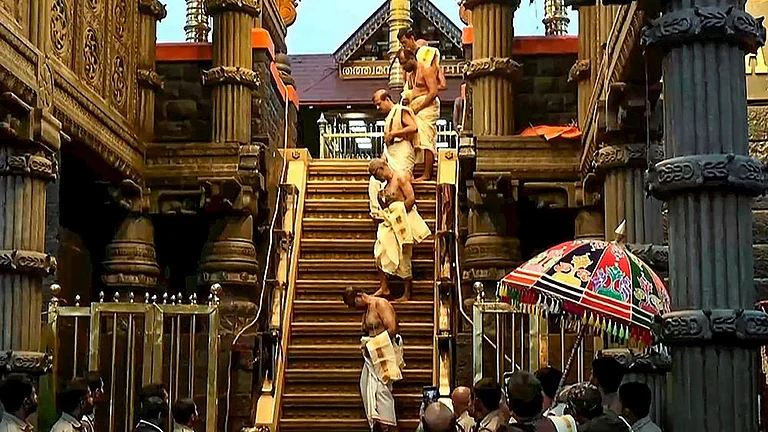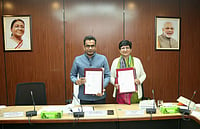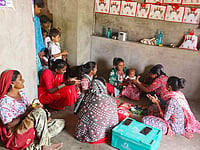Dr. Abhijat Chandrakant Sheth, Chairman of the National Medical Commission (NMC), today reiterated ongoing efforts to achieve the World Health Organization recommended doctor-patient ratio of 1:1000. He also outlined plans to establish a balanced undergraduate-to-postgraduate (UG:PG) ratio of 1:1, aimed at elevating India healthcare system to international standards.
Dr. Sheth made these remarks while addressing the 11th convocation ceremony of the Atal Bihari Vajpayee Institute of Medical Sciences (ABVIMS) and Dr. Ram Manohar Lohia Hospital in New Delhi.
The NMC Chairperson statement aligns with projections made in the Economic Survey report released earlier this year, in February, which noted that India is well-placed to achieve the WHO recommendation of one doctor per 1,000 people by 2030.
According to the report, India currently has approximately 13.86 lakh doctors, translating to a doctor-to-population ratio of 1:1,263. The WHO standard of 1:1,000 appears achievable by 2030 if an estimated 50,000 new doctors are licensed annually until then.
This increase in medical professionals has been driven by a significant expansion in medical education, with the number of medical colleges rising from 499 in FY 2019 to 780 in FY 2025. Correspondingly, MBBS seats have increased from 70,012 in 2019 to 1,18,137 in 2025.
However, the Economic Survey also highlighted challenges, including the uneven distribution of medical colleges across regions and a shortage of specialists in rural areas, underscoring the need for targeted interventions to ensure equitable healthcare access.
Addressing the graduating students at the convocation ceremony, Dr. Sheth also lauded their perseverance and extended congratulations to their families and faculty members.
Highlighting reformative measures taken by the NMC and the National Board of Examinations in Medical Sciences, Dr. Sheth said that competency-based education must be bolstered through the integration of skill-based, virtual, and physical learning methodologies.
Encouraging students to remain lifelong learners, he added, Prioritise your own health, persevere in the face of adversity, and remain committed to your calling.
In her remarks, Dr. Kotwal described the convocation as a milestone marking years of dedication and service. This is not the end but the beginning of your journey of responsibility toward the health of the nation, she said. Commending ABVIMS on its recent NABH accreditation, she said it stands as a testament to the institution unwavering commitment to safety, quality, and patient-centric care. Medicine is not just about curing disease; it is about caring for those who suffer, she added.
Dr. Sunita Sharma, addressing the graduating batch, underscored the responsibility that accompanies a medical degree. Whether you choose clinical care, research, or education, let empathy, evidence, and excellence be your guiding principles, she said. Calling medicine a noble vocation built on compassion, she urged the graduates to remain humble in their pursuits, regardless of how high they soar.
During the convocation, degrees were conferred upon 250 postgraduate and DM students, along with the first batch of 100 MBBS graduates from ABVIMS. The institute also released its annual report Samhita on the occasion.
Founded in 1932 as the Willingdon Nursing Home, Dr. Ram Manohar Lohia Hospital is considered one of the capital premier tertiary care institutions, rechristened in 2019 as ABVIMS & Dr. RML Hospital. With a capacity of 1,532 beds, the hospital provides comprehensive care across specialties and super-specialties, catering to nearly 12 lakh outpatients and over 60,000 inpatients annually.
The institution offers 100 MBBS seats each year, alongside 203 postgraduate and 48 DM/MCh seats. It also provides uninterrupted emergency services, and medical care to CGHS beneficiaries, Members of Parliament, judiciary, and other dignitaries under its no-refusal policy.
Dr. (Prof.) Ashok Kumar, Director, ABVIMS, and Dr. Arti Maria, Dean, ABVIMS, were also present at the ceremony, along with senior officials from the Ministry, faculty members, and families of the graduating students.







